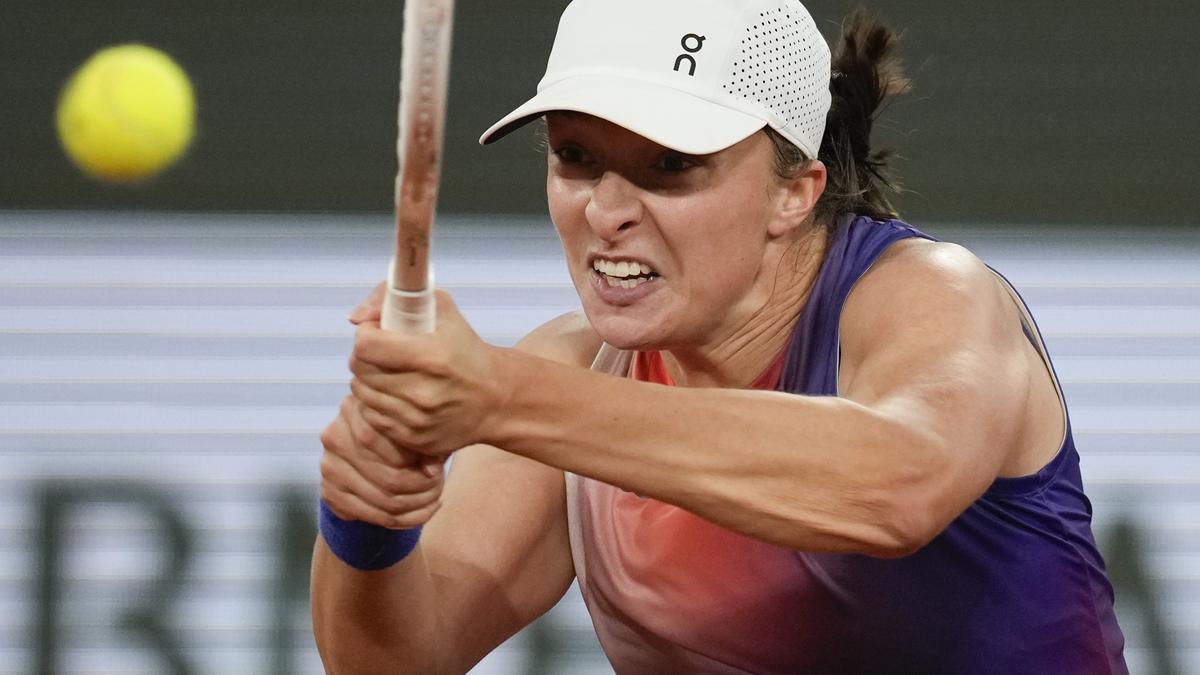The Rome Champion: A Legacy In The Making

Table of Contents
The Brutal Training of a Rome Champion
Becoming a Rome Champion wasn't a matter of luck; it demanded rigorous training and unwavering dedication. Gladiator training in the Roman Empire was a brutal and highly specialized process, focusing on physical fitness, weaponry proficiency, and mental fortitude.
-
The rigorous physical regime: Aspiring gladiators underwent intense physical conditioning. This included endurance exercises like long-distance running, wrestling matches, and sparring sessions. Strength training was paramount, involving weightlifting with stones, sandbags, and wooden implements. They also practiced specific movements to improve agility, balance, and stamina – crucial elements for success in the arena.
-
Weapon specialization: Gladiators weren't all the same; they specialized in different fighting styles and weaponry. The Murmillo, for example, was heavily armored and wielded a gladius (short sword) and a large rectangular shield (scutum). The Retiarius, conversely, was lightly armored, relying on a net (rete) to ensnare his opponent, followed by a trident (fuscina) for the finishing blow. The Thraex, a Thracian-style gladiator, favored a small round shield (parmula) and a curved sword (sica). Each type required specialized training tailored to their equipment and combat strategy.
-
The role of the lanista: The lanista was the gladiator trainer and manager – a crucial figure in a gladiator's career. They oversaw the training process, managed the gladiators' welfare (to a degree), and arranged matches. Their skill in training determined the success and survival rates of their gladiators. A skilled lanista could create a highly successful champion, boosting their reputation and profits.
-
The mental fortitude required: Facing death repeatedly in the arena demanded immense mental resilience. Gladiators had to develop incredible self-control, discipline, and the ability to remain calm under pressure. This mental strength was as crucial as their physical prowess for success as a Rome Champion.
Life and Death in the Arena: A Gladiator's Reality
The life of a Rome Champion was far from glamorous, existing within a complex social and political landscape. While often romanticized, the reality involved a high degree of risk and uncertainty.
-
The spectacle of the games: The Gladiator Games in the Roman Colosseum and other arenas were massive public spectacles, deeply ingrained in Roman society. They served political purposes, entertaining the masses and reinforcing social hierarchies. Victories were celebrated as triumphs, influencing a gladiator's popularity and potential for freedom.
-
The lives of gladiators: While many gladiators were slaves, not all were. Some were condemned criminals, others were freemen who chose this path for the potential rewards and freedom it offered. Their living conditions varied, from relative comfort to harsh realities depending on their status and the generosity (or lack thereof) of their lanista.
-
The crowd's influence: The Roman crowd held immense power. Their cheers and jeers, their thumbs up or thumbs down, dictated the fate of the gladiators. A popular champion could secure their freedom or a better life through crowd favor, while an unpopular one faced a certain and brutal death.
-
The possibility of freedom: Skilled and popular gladiators could earn their freedom ( missio) through repeated victories. This freedom represented a significant achievement, allowing them to live a life beyond the arena, often achieving a level of respect and even wealth.
The Enduring Legacy of the Rome Champion
The image of the Rome Champion endures, transcending the brutality of its origins to become a powerful symbol in popular culture and historical study.
-
The Rome Champion in popular culture: The gladiator has been a popular subject in movies like Gladiator (2000) and Spartacus (various adaptations), books, and video games. These depictions, while often romanticized, have solidified their place in the public consciousness.
-
The enduring symbolism: The Rome Champion symbolizes strength, courage, resilience, and the unwavering will to fight for survival. It represents the ultimate test of physical and mental prowess, captivating our imaginations for centuries.
-
The historical impact: Gladiators were not just fighters; they were integral to Roman society, reflecting its values and its fascination with violence and spectacle. Their presence shaped Roman culture and its public displays of power.
-
Modern interpretations: Our understanding of gladiators has evolved over time. Initial romanticized views have been tempered by a more nuanced appreciation of their lives, including the complexities of their social standing, their training, and the realities of life and death in the arena.
Conclusion:
The Rome Champion represents more than just a skilled warrior; they embody a powerful symbol of strength, resilience, and the captivating spectacle of Ancient Rome. From their rigorous training to their captivating performances in the arena, their legacy continues to fascinate and inspire.
Call to Action: Learn more about the remarkable lives and enduring legacy of the Rome Champion. Explore our resources on Ancient Roman history and the gladiatorial games to uncover more about these iconic figures and their indelible mark on history. Discover the true meaning of being a Rome Champion today!

Featured Posts
-
 40 Yasindaki Ronaldo Efsane Devam Ediyor
May 28, 2025
40 Yasindaki Ronaldo Efsane Devam Ediyor
May 28, 2025 -
 Padres Embark On Road Trip Starting In Toronto
May 28, 2025
Padres Embark On Road Trip Starting In Toronto
May 28, 2025 -
 Alcaraz Confident Swiatek Struggles French Open 2024 Preview
May 28, 2025
Alcaraz Confident Swiatek Struggles French Open 2024 Preview
May 28, 2025 -
 Polresta Balikpapan Kasatlantas Baru Akp Djauhari Mulai Tugas Dengan Ibadah
May 28, 2025
Polresta Balikpapan Kasatlantas Baru Akp Djauhari Mulai Tugas Dengan Ibadah
May 28, 2025 -
 Cuaca Jawa Tengah Besok 24 4 Peringatan Hujan Sore Hari
May 28, 2025
Cuaca Jawa Tengah Besok 24 4 Peringatan Hujan Sore Hari
May 28, 2025
